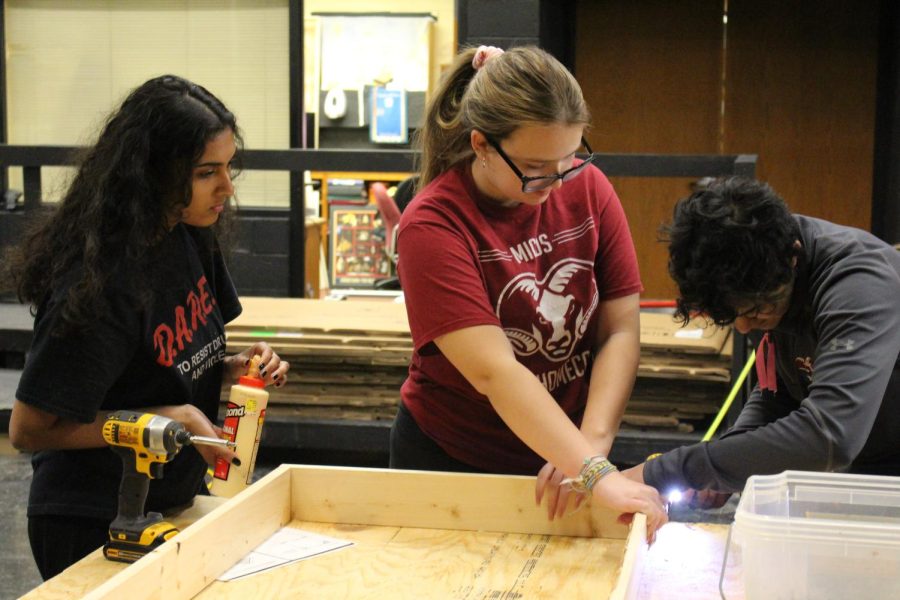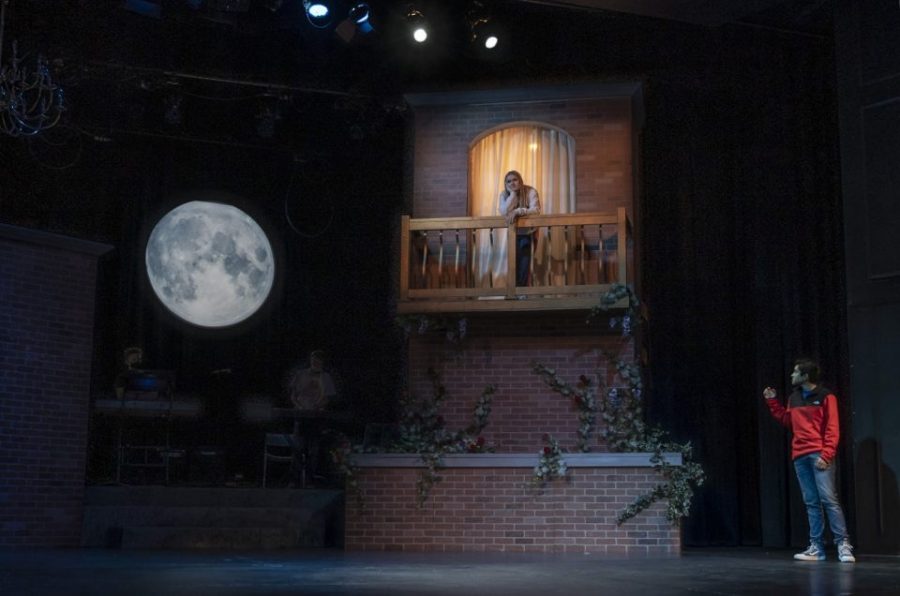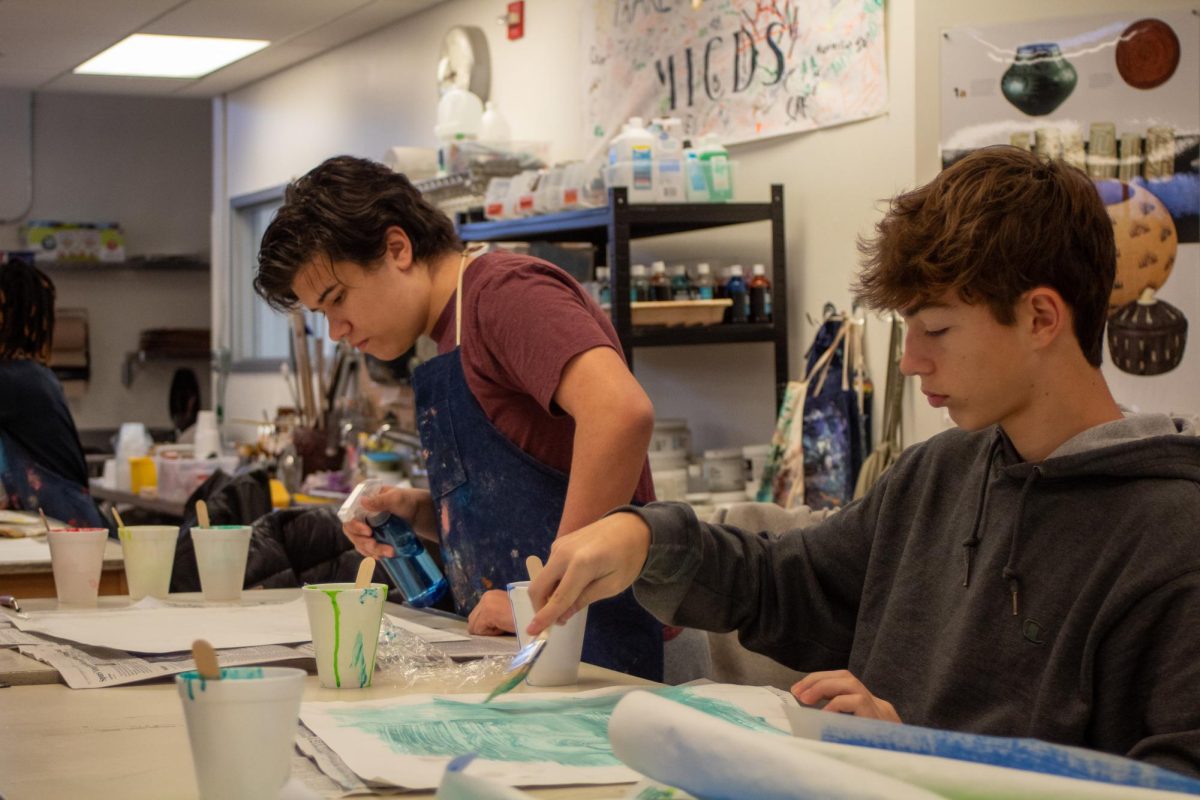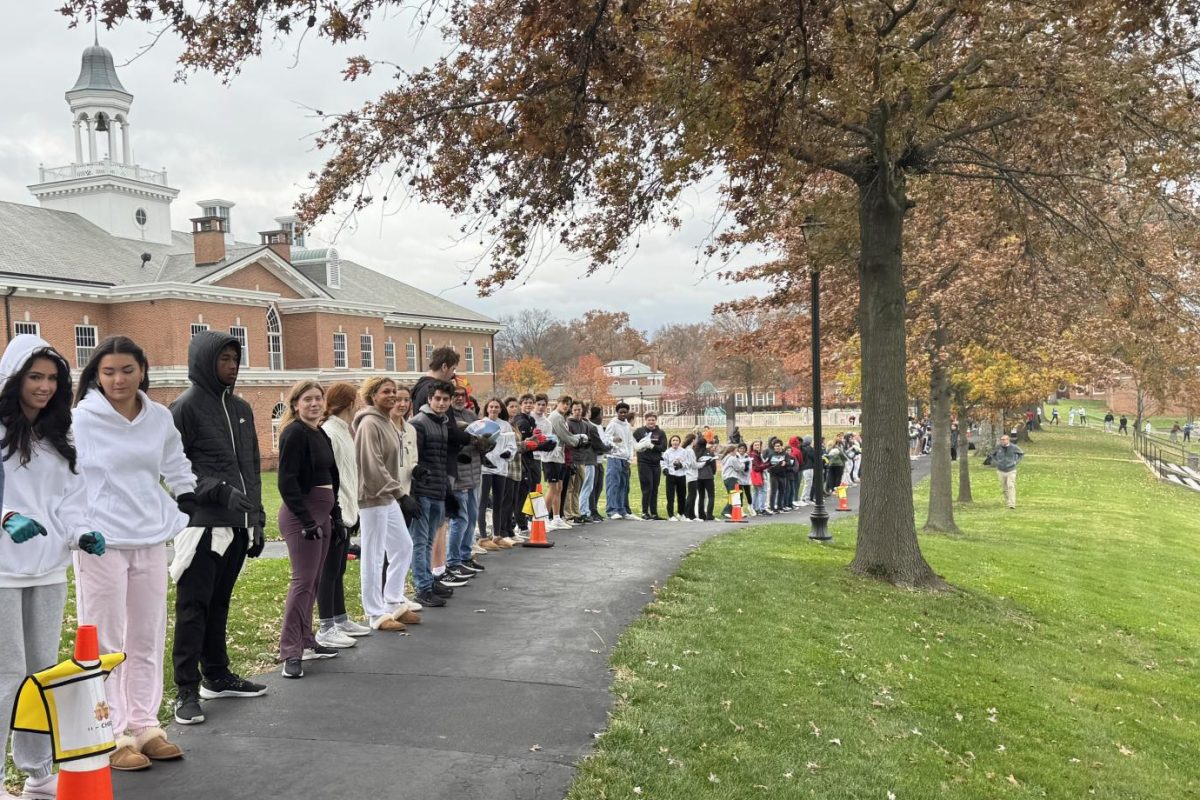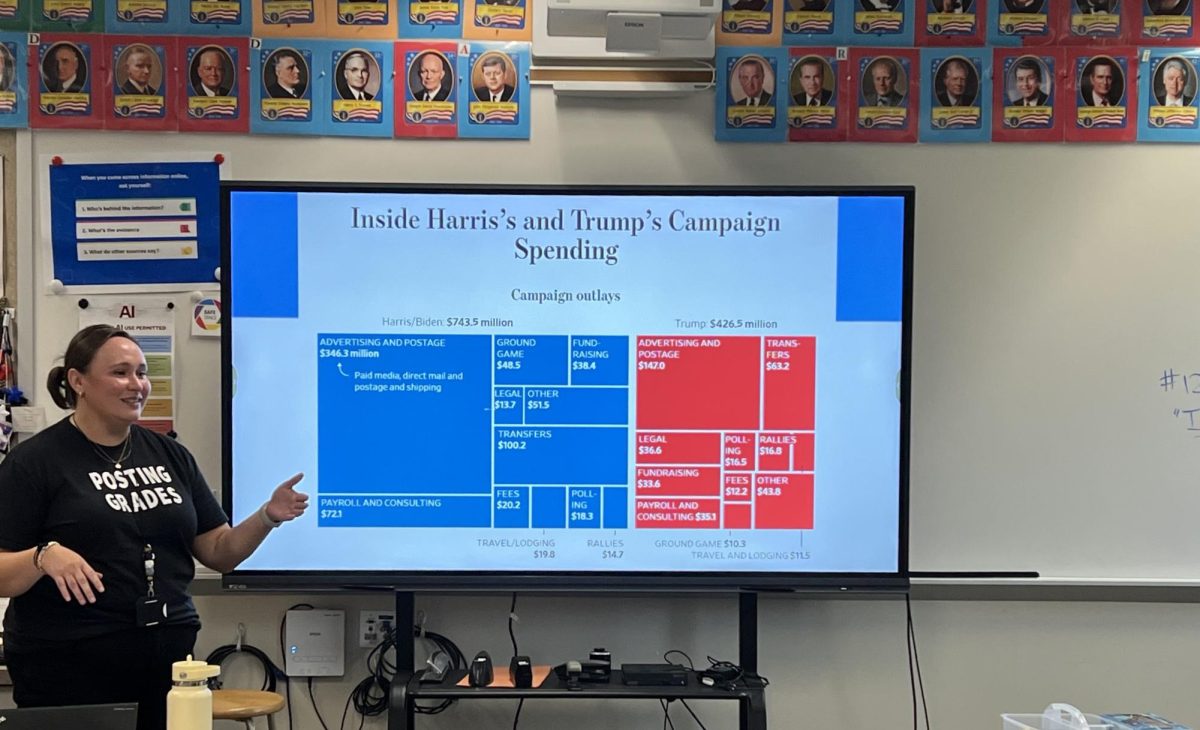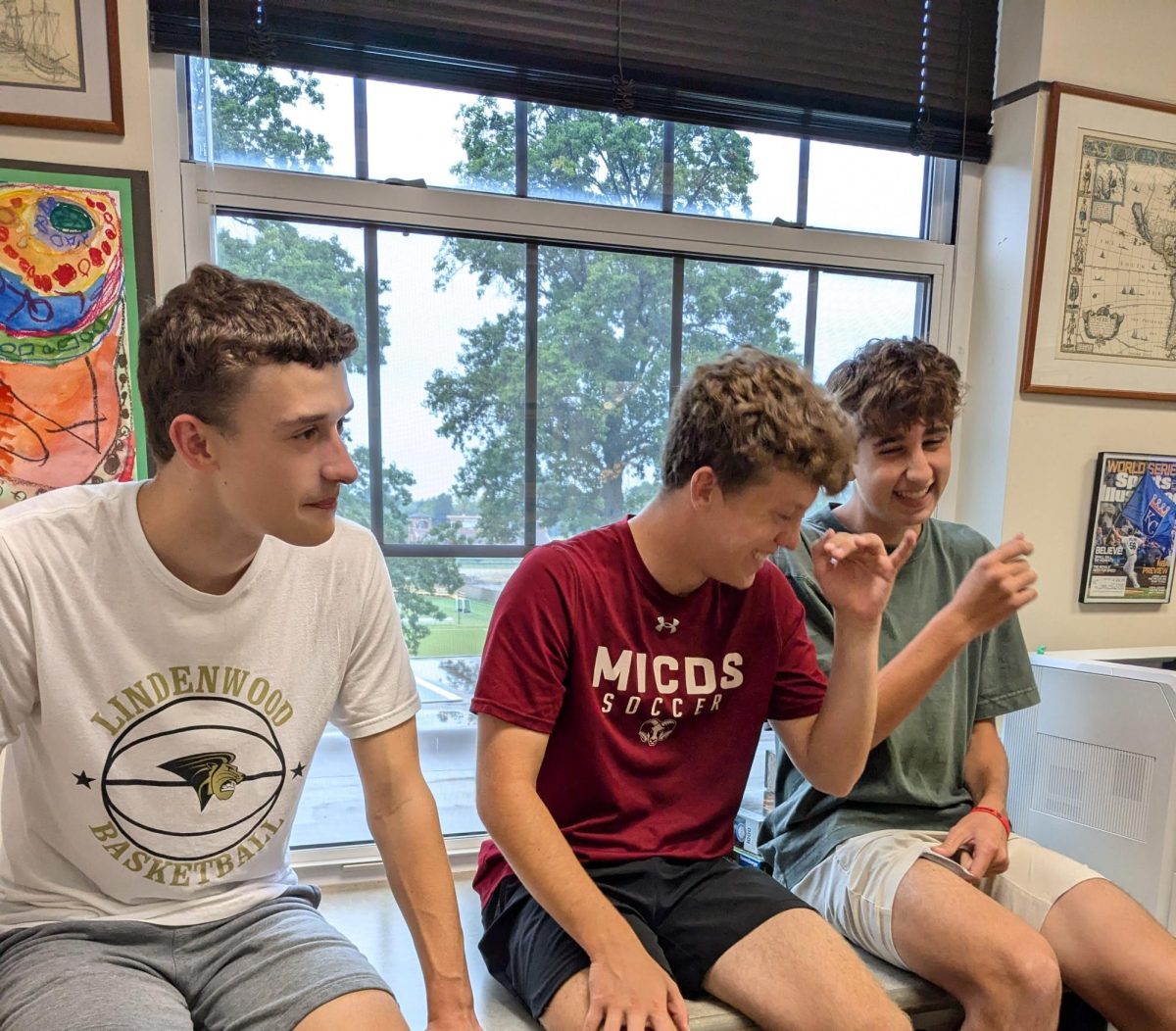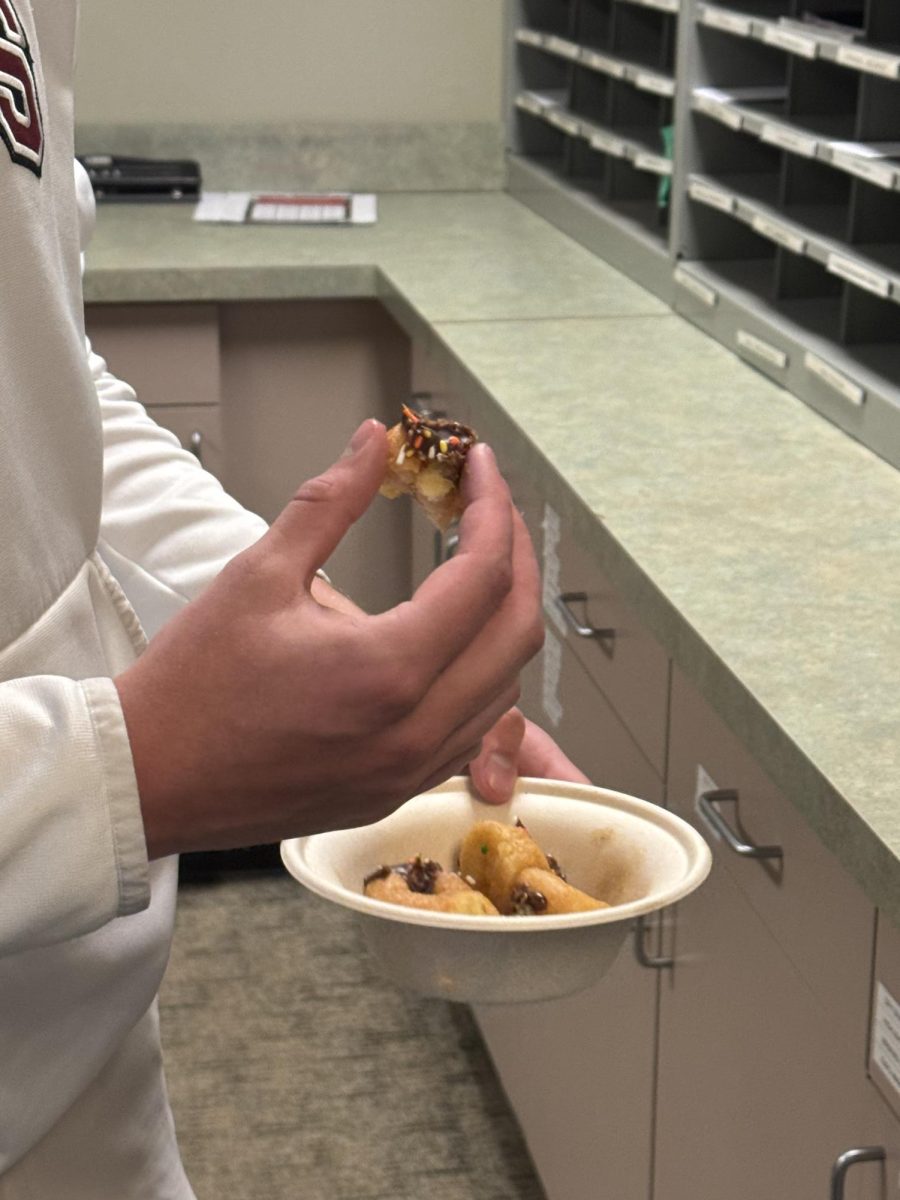A House Divided…
January 24, 2023
The last time it took the House of Representatives more than 10 ballots to elect a Speaker, it was 1859, just before the Civil War. In fact, the last time it took more than one ballot was in 1923, with the election of Speaker Frederick Gillet. But on Jan. 7, the House of Representatives entered their 15th and final ballot to elect Kevin McCarthy as Speaker of the House.
Walker Graves ‘24, current leader of the MICDS Young Republicans Club believes that McCarthy’s willingness to compromise may not be entirely negative for the future of his leadership. “McCarthy’s ultimate decision to compromise with the far right could be seen as [a] ‘gray area’ of our world,” but that “it is important to remind ourselves not to shut one another out, but to push for difficult conversations…to encourage open mindedness,” Graves said.
Campus Democrats Co-Head Emma Cohen ‘23 agrees that “no matter your political stance, we can all agree that Speaker McCarthy’s rise to speaker proves his resilience and determination as a politician” but also says that “Speaker McCarthy’s compromises and negotiations to right-wing members of the GOP prove the division in the Republican Party and increased risk of a government shutdown during his term as Speaker of the House.”
While Ellie Coverdell ‘24 didn’t follow the votes as they happened, she did read about the election afterward. She said, “I thought that it was really interesting that it took 15 rounds of voting to elect a speaker, considering that the last time it took more than one round of voting was in 1923.” She sees this as a testament to “just how split the parties in the US are.”







